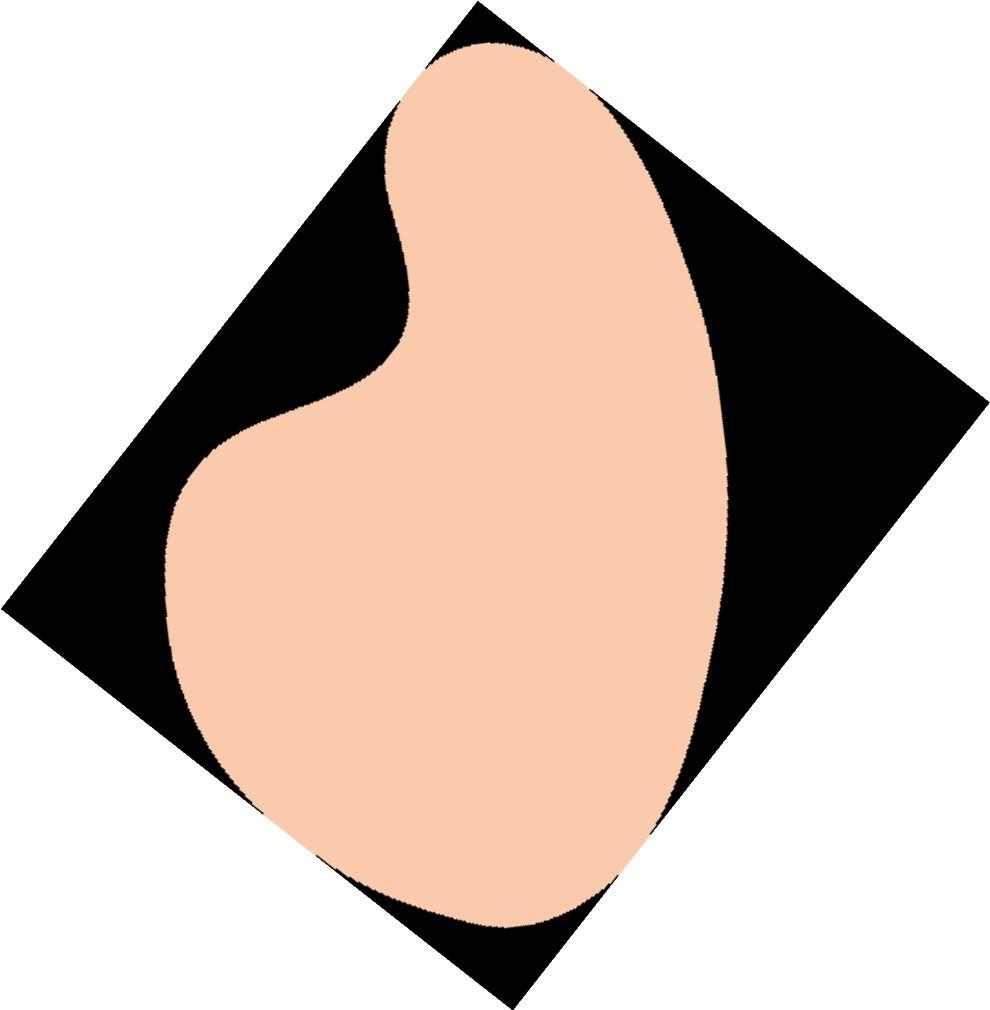Stem Cell Therapy for Ovarian Failure



What is Ovarian Failure?
Ovarian failure, also termed ovarian insufficiency or ovarian dysfunction, is the loss of function of the ovaries. Thus ovarian failure means that your body will not be able to produce eggs and estrogens (the female hormones).
Typically there are two major types: Primary ovarian


Primary ovarian failure is defined as the cessation of ovarian follicular activity, while secondary ovarian failure involves ovarian dysfunction that results from other pathologic conditions.



Primary and Secondary Ovarian Failure




Ovarian dysgenesis, which is an early form of ovarian failure during embryonic development, is often caused by external factors that affect ovarian development.


Ovarian Dysgenesis Ovarian Hypofunction
Ovarian hypofunction may also be caused by ovarian infections, ovarian torsion, ovarian trauma, ovarian cysts, and cancer treatment with chemotherapy or radiation.
Ovarian Insufficiency Syndrome
Ovarian failure types may cause a condition called ovarian insufficiency syndrome, where ovarian function is reduced but not stopped completely. Here there might be a relative over-production of luteinizing hormone by the pituitary gland.
Ovarian Failure Diagnosis

A diagnosis of ovarian failure should be made by a physician. Women with this disease appear to have the same clinical profile as women who are close to menopause, i.e., an absence of menstrual periods for 6 months in the absence of other diseases.

Clinical features of ovarian failure include primary amenorrhea, secondary amenorrhea, the absent ovarian size on pelvic ultrasonography, elevated FSH levels in women older than age 40 years, ovarian volume less than 1.5 cm 3, ovarian biopsy showing absence of ovarian follicles, and elevated antiMüllerian hormone (AMH) levels in perimenopausal women. Ovarian

Clinical Features Diagnostic Tests
Testing for an ovarian function includes the use of pelvic ultrasonography to measure the ovarian size and serum FSH levels. Women who are perimenopausal have increased ovarian volume, whereas menopausal women have decreased ovarian volume.



